In a highly anticipated study, OpenResearch has released the first set of results from a landmark experiment investigating the effects of guaranteed income on low-income individuals in the United States. The study, funded by notable philanthropists including OpenAI CEO Sam Altman, provided 1,000 participants with $1,000 monthly for three years, with a control group of 2,000 individuals receiving $50 per month, amounting to a rough estimate of $39.6 million for the whole project.
This project aimed to explore how unconditional cash transfers influence various aspects of recipients’ lives, particularly employment outcomes and overall well-being.
We are happy to release the first results of a RCT of a US program that provided $1,000/month unconditionally for 3 years to 1,000 individuals in the treatment group, with a group of 2,000 people receiving $50/month serving as the control.
— Eva Vivalt (@evavivalt) July 22, 2024
These are sizable transfers. 1/ 🧵 pic.twitter.com/B0NXCc4Kwh
The initiative is part of Altman’s extraneous effort to understand how handing out free money affects recipients and the broader economy. The guaranteed income project aimed to address significant concerns about income inequality and the impact of AI and other automation technologies on the job market.
The study targeted individuals aged 21-40 living in low-income households across several counties in Illinois and Texas. The cash transfers provided a 40% income boost to participants, who started out in households earning about $30,000 annually. Participants were required to answer surveys, share credit reports, and take blood tests to provide comprehensive data.
Eva Vivalt, an assistant professor at the University of Toronto and a lead researcher on the project, emphasized the importance of the study’s unique approach. “There are many evaluations of cash transfers in low-income settings. This is in the U.S., in several counties in IL and TX,” she stated on X.
Before I get into the results, I want to highlight a few features of this study that make it unique:
— Eva Vivalt (@evavivalt) July 22, 2024
1) There are many evaluations of cash transfers in low-income settings. This is in the US, in several counties in IL and TX. 3/ pic.twitter.com/kpNnN3BGkK
Key Findings
The guaranteed income resulted in a modest reduction in labor market participation. Specifically, there was a 2 percentage point decrease in employment among the treatment group compared to the control group. Participants in the treatment group worked approximately 1.3-1.4 fewer hours per week.
Additionally, the partners of participants reduced their work hours by a similar amount. This reduction in labor supply led to an average annual income decrease of $1,500 per individual, excluding the transfers. For every $1 received from OpenResearch, participants’ earnings excluding the free money dropped by at least 12 cents, and total household income fell by at least 21 cents.
This represents about a 4-5% decrease in income, excluding the transfers.
— Eva Vivalt (@evavivalt) July 22, 2024
Interestingly, participants’ partners appear to reduce their labor supply by a comparable amount. 14/ pic.twitter.com/Cl1C53gi7f
The study also found that the guaranteed income led to significant increases in leisure time and varied spending across facets of life. Participants reported spending more on basic needs such as food, housing, and transportation.
Interestingly, their biggest jump in spending involved giving an average of $22 more per month to others, such as helping out relatives or giving gifts to friends.
Participants also moved out on their own, particularly those who started with the lowest incomes, and engaged more in leisure activities. By the third year of payments, Black recipients were 9 percentage points more likely to report starting or helping to start a business than control participants, and women were 5 percentage points more likely.
The increased leisure time suggests that recipients highly valued time away from work. Researchers found that roughly 81 cents of each dollar transferred went to higher spending on items such as housing, 22 cents went to leisure, and negative 3 cents went to increased borrowing as recipients took on more car loans and mortgages.
Despite these benefits, the transfers did not significantly improve participants’ long-term financial health or physical well-being. Researchers observed little change in credit access, bankruptcies, and foreclosures.
The increased debt brought down participants’ net worth over the three years, leading researchers to conclude that “the transfer did not improve participants’ long-run financial position.” People did put more money into savings and initially felt better about their financial situation, but they also slightly cut back on work and let the free cash fill in the gap.
Participants also started seeking out more health care, such as dental braces, and better stocked their refrigerators and pantries. However, researchers found “no effect” from the cash on several measures of physical health and welfare, a point that may give critics of such assistance programs ample material to question their efficacy.
Implications
The results of this study have important implications for policymakers considering similar programs. While the guaranteed income provided financial stability and increased leisure time, it did not significantly enhance employment quality or lead to substantial investments in personal development.
Vivalt remarked, “Policymakers may care whether people are doing things that increase their future productivity, like going back to school or starting a business. We observe no significant effects on investments in human capital.”
The release of the study’s findings has sparked mixed reactions. John Arnold of the John Arnold Foundation pointed out the discrepancy in media coverage. “Consensus among academics is that results of the OpenResearch UBI study were between mixed and disappointing. Yet most articles in the popular press characterize the results in a positive tone and ignore or bury the null/negative results,” Arnold posted.
Arnold also highlighted the selective coverage by major outlets. “Other outlets that have written extensively about UBI (NYT, WaPo) have ignored the story. Would they have covered it had the results been more positive?” he questioned, noting that a smaller UBI study with more favorable results received broader attention.
Conversely, some media outlets have been praised for their balanced reporting. “I will give a shout out to WIRED’s coverage of the study, which I found to be an accurate and balanced description of the findings,” Arnold acknowledged.
I will give a shout out to @WIRED's coverage of the study, which I found to be an accurate and balanced description of the findings. https://t.co/oEUekhPd8a pic.twitter.com/Ke3o3QWwyA
— John Arnold (@JohnArnoldFndtn) July 22, 2024
The concept of a guaranteed income has gained significant attention in recent years as a potential solution to address income inequality and economic instability. The idea involves providing regular, unconditional payments to all citizens to ensure a basic standard of living.
In the United States, the discussion around universal basic income (UBI) has been gaining momentum, though no legislation has yet passed at the federal level. Proposals have been introduced in Congress, such as the “Emergency Money for the People Act” during the COVID-19 pandemic, which aimed to provide $2,000 monthly payments to all Americans. However, these proposals have not advanced significantly, and the debate continues among policymakers, with varying levels of support and opposition.
In Canada, the fate of a UBI legislation is still on the fence. In October 2023, the Senate revisited the idea of implementing a similar scheme, a concept under consideration since the 1970s. This renewed exploration, influenced by the COVID-19 pandemic and the Canada Emergency Response Benefit (CERB), which provided $2,000 monthly to millions of Canadians, marked a historical step but has not progressed beyond Senate discussions.
The proposed Senate bill aims to establish a “livable basic income” for all individuals aged 17 and above, including temporary workers, permanent residents, and refugee claimants, without affecting existing health or disability benefits. However, the bill remains stalled in the Senate, over two years after its introduction, and even if passed, it would only initiate a study and framework development rather than immediate implementation of a basic income program.
Information for this story was found via Wired and the sources and companies mentioned. The author has no securities or affiliations related to the organizations discussed. Not a recommendation to buy or sell. Always do additional research and consult a professional before purchasing a security. The author holds no licenses.

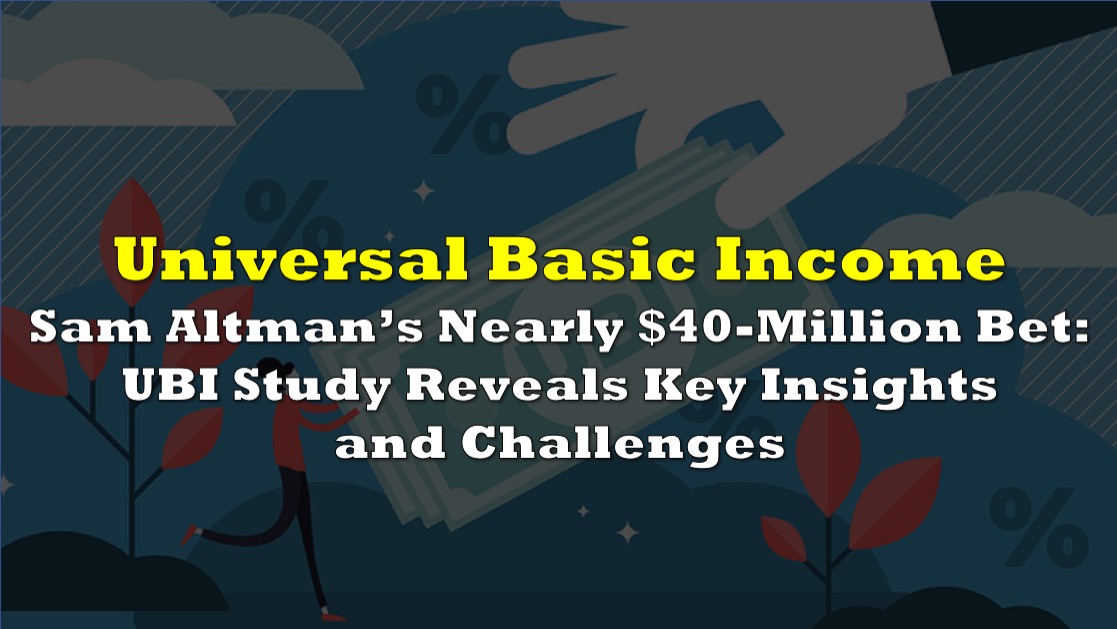



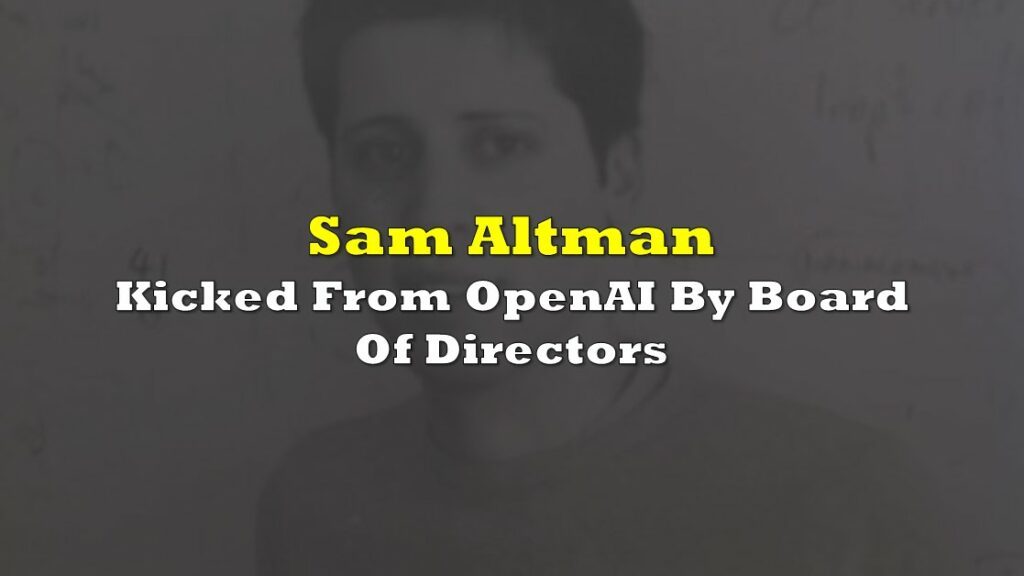
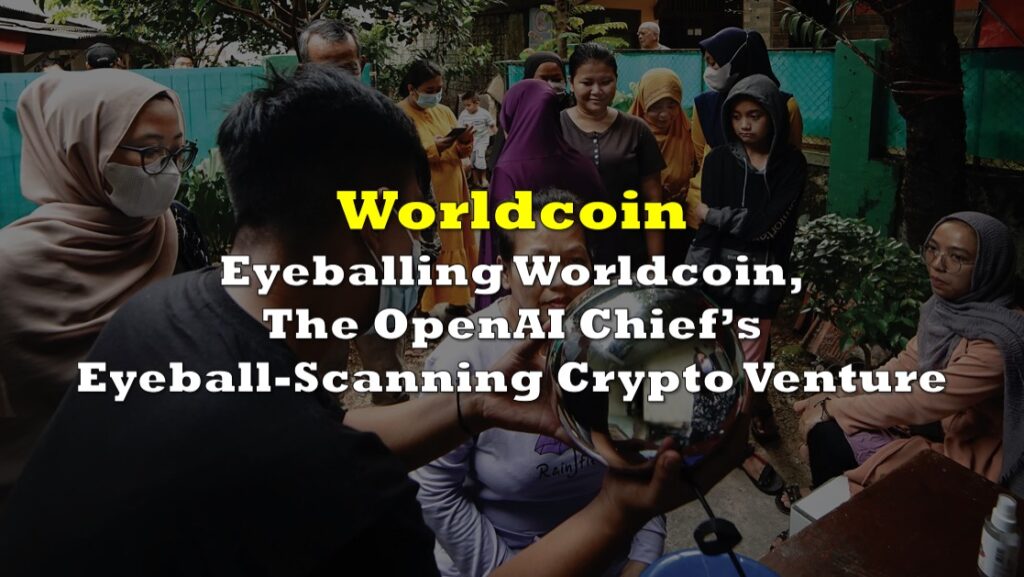
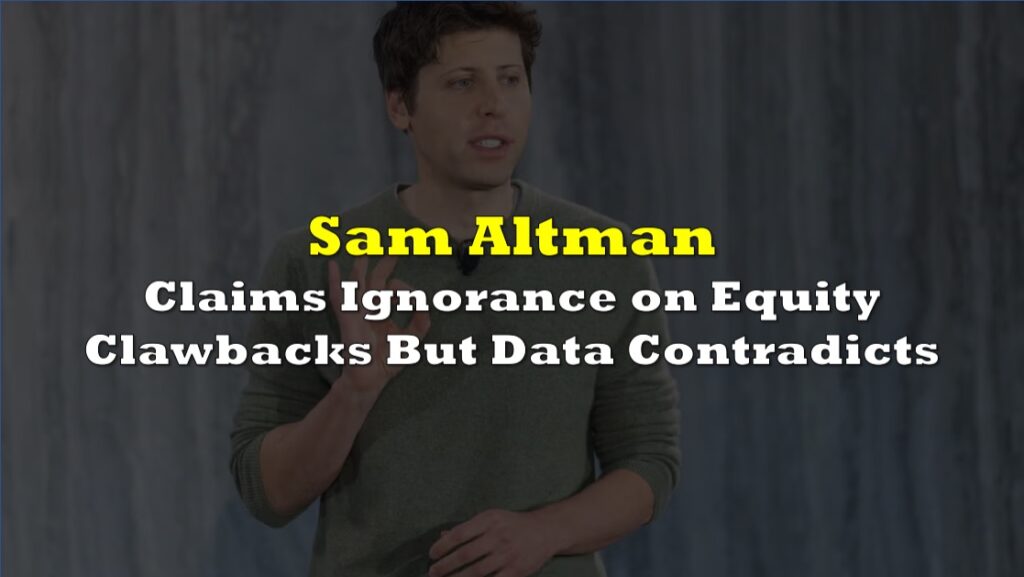
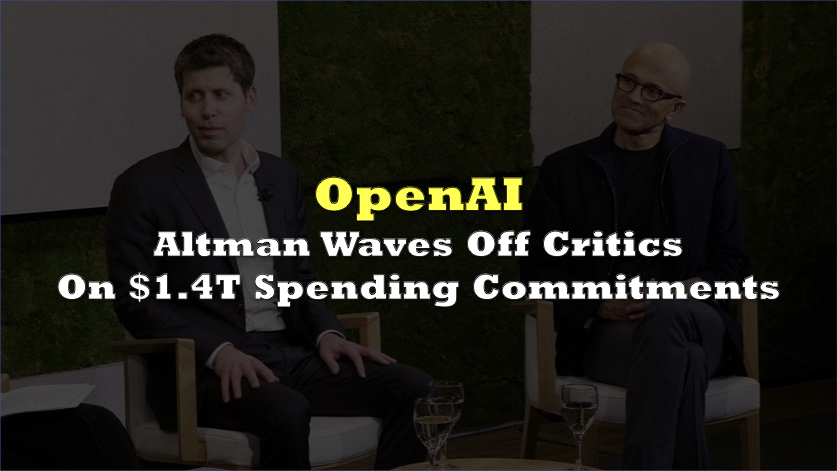
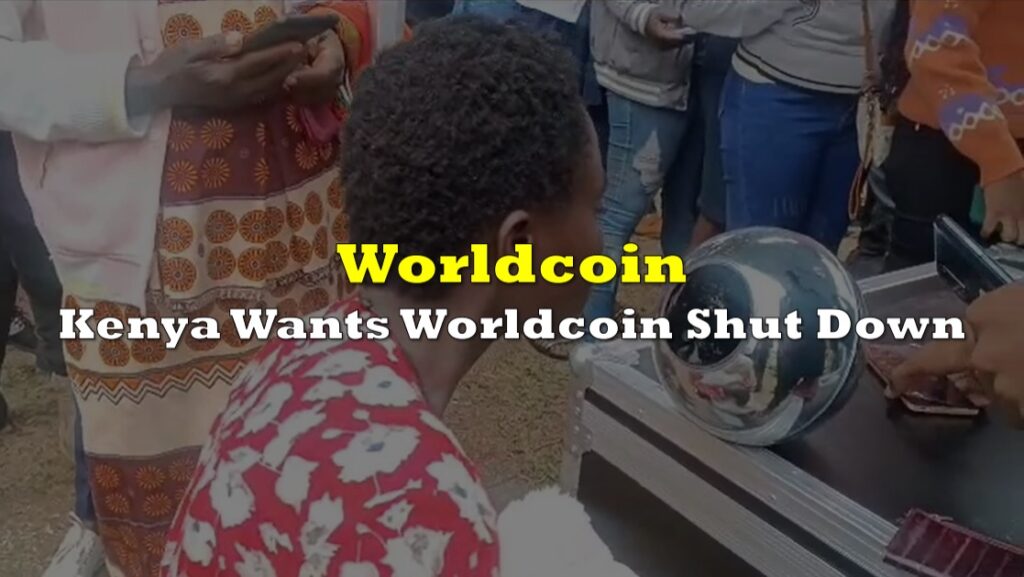
One Response
Give a man a fish, you’ve given him dinner; teach a man to fish, you’ve him a livelihood”!